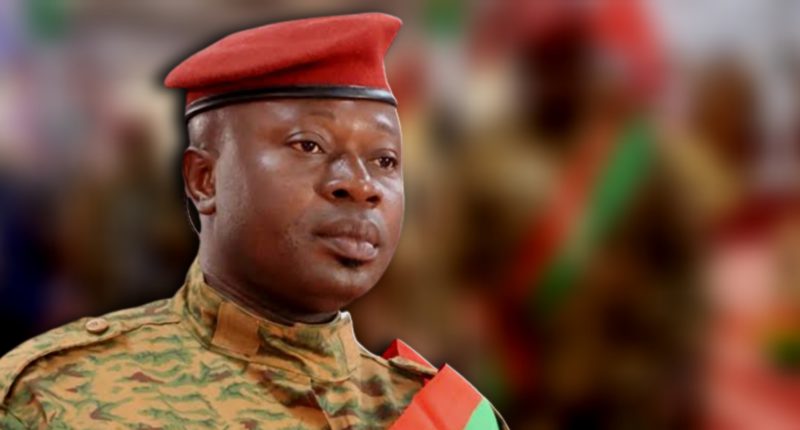Burkina Faso’s military leader, who was deposed in a coup last Friday, has publicly accepted to resign. Capt. Ibrahim Traoré, the country’s new self-proclaimed leader, had accepted Lt Col Paul-Henri Damiba’s resignation and the terms he had imposed.
Digging deeper
According to experts, Burkina Faso controls as little as 60% of its land, and Islamist violence is rising. The African Union has requested that constitutional order be restored by July 2023, agreeing with the regional body Economic Community of West African States (Ecowas) that the removal of leader Lt Col Damiba was “unconstitutional.”
Ecowas, on the other hand, has recently congratulated “the various groups in Burkina Faso for coming to a peaceful settlement of their disputes,” after days of power battles ended without bloodshed. Lt Col Damiba has not issued an official comment but he has submitted his resignation “in order to avert clashes with serious human and material implications.”
Lt Col Damiba stated seven conditions for stepping down, including a guarantee of his protection, an agreement to continue efforts at national reconciliation, and continuous adherence to the pledge of returning to civilian authority within two years.
What you should know
The Islamist insurgency erupted in the country in 2015, killing thousands and displacing an estimated two million people. In January, the military colonel toppled President Roch Kaboré, claiming that he had failed to deal with rising militant Islamist violence.
Burkina Faso has seen nine coups since gaining independence from France in 1960.

